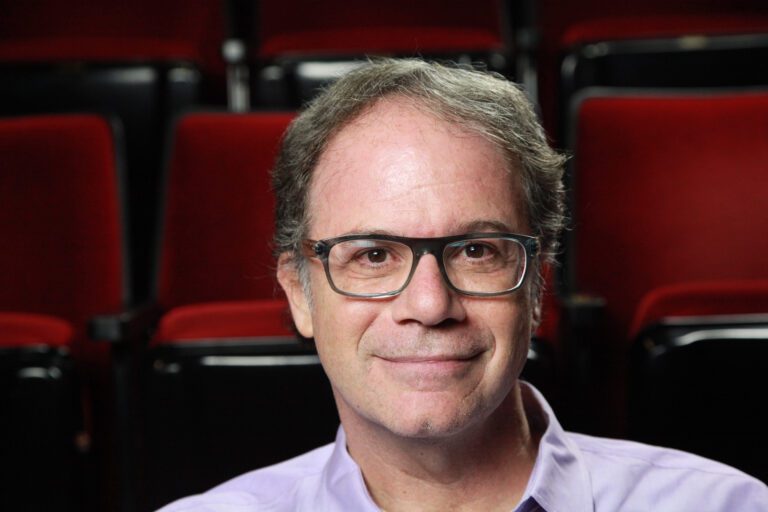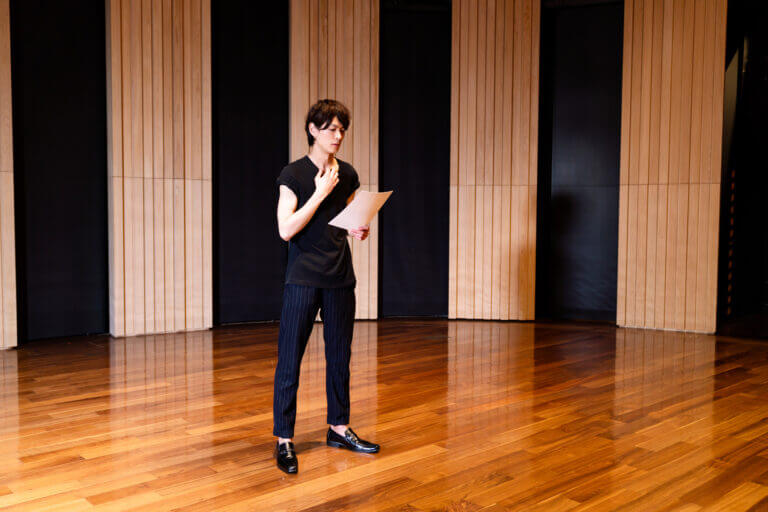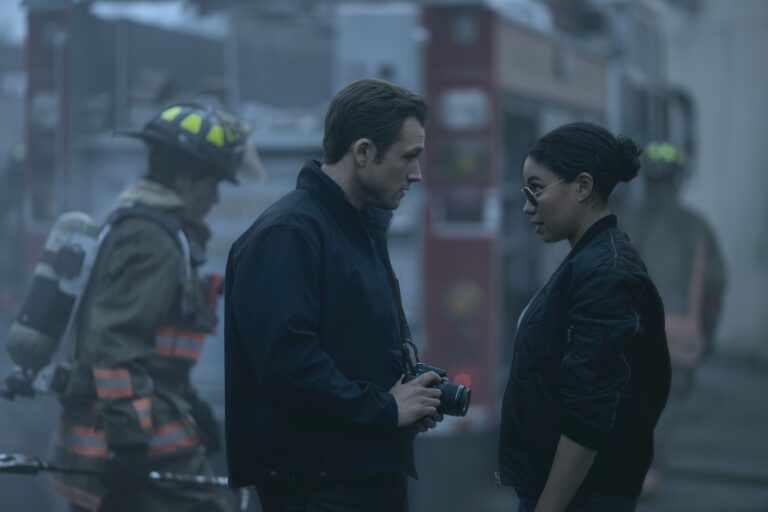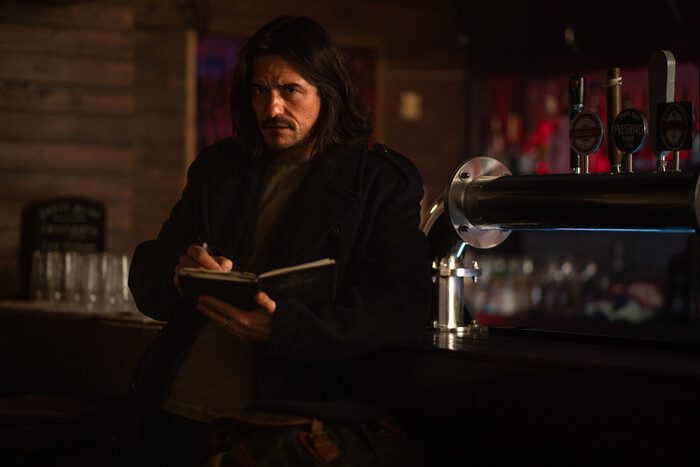Nearly every Stanislavski-based acting course will focus on scene objectives at some point. Your character’s objective is their goal, or what they most want to achieve during any given scene.
Finding your objective can be harder than it sounds, as you must navigate through text and subtext, secondary goals and other influences. Once you figure out what you want, it can be even trickier to nail down specific language.
Why are objectives important? Objectives keep scenes from being static washes of emotion. If all characters are fighting for something, there is direction, arc, conflict and purpose. Your character’s goals give them development. What you’re fighting for and how you fight for it tell the audience who you are.
Being able to express your character’s scene objective is important for your character work and a powerful tool for communicating with your scene partners and director. Everyone should be on the same page about what each character’s objective is to tell a cohesive story.
How do you find a strong objective? Here are some starting points.
Narrow it down.
The first thing to do is distill your intention. An objective should be expressible in one sentence. If you have to use an entire paragraph to get to the point, you aren’t clear about what your character needs. Try using a fill-in-the-blank for each scene: “I need ____.”
Does it support the story?
Sometimes we get so hyper-focused on our character development that we forget that we’re part of a larger story. All scene objectives should support the story that is being told. If it doesn’t make sense in the world of the script, it’s time to reroute.
Does it relate back to your super-objective?
Every scene objective should be in support of your character’s overall objective or “super-objective.” If you’re getting mired down in choosing a scene objective, take a step back and go back to your primary goal. It might help you reframe your scene-specific goals.
Does it pass the “other person test?”
A strong objective will relate to another person in the story, usually a current scene partner. If your objective is to affect someone or gain something from them, that usually means your objective is an active one.
Try putting your one-sentence objective to the test. Does the sentence still work if you add “to them” or “from them” at the end? What about if you add your scene partner’s name to the sentence? For example, “I need to bribe Amy to be my alibi.” To bribe is your action, Amy is the person you’re affecting.
Is the language visceral?
This is a tool for storytellers. The audience won’t know the exact wording of your scene objective, so it’s important to find words that you connect with and inspire you emotionally.
Ask yourself if it could be better expressed with imagery. If “to hurt them” isn’t doing it for you, try “to stab them with my words.” Maybe you want to “convince your boss to promote you.” Is there a stronger word than “convince?” One that speaks closer to what you want?
The words you choose are important because the more specific you are with the language, the more nuanced your understanding of your character is. Specificity shows in acting.
Breaking down each of these points for every scene objective might seem tedious, but it’s the kind of foundation that produces a clear, nuanced and powerful performance.
The more you challenge yourself to peel back each layer, reassess every word choice and fight for more specific framing, the more you’ll learn about your character and the stronger your performance will be.
Casting directors use Casting Networks every day to discover people like you. Sign up or log in today to get one step closer to your next role.
You may also like:














